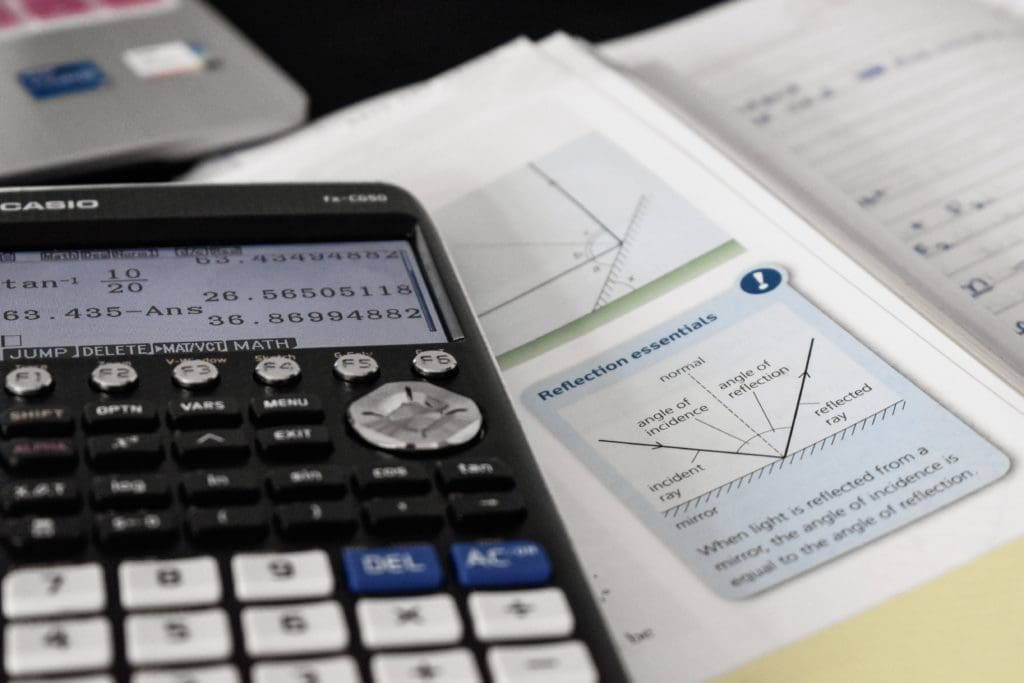

Three Delaware schools are getting a visit from a national tour highlighting changes in teaching math.
Caesar Rodney, Brandywine, and Appoquinimink school districts will welcome a national tour this month that celebrates the high level of mathematics learning in Delaware.
The Knowledge Matters Campaign chose Delaware as the first stop, and it’s the first time the First State has been the subject of a math-focused tour. It previously has been included in English language arts and literacy.
The tour will highlight shifts in classrooms that include new materials and allow more student-led classes, presentations and discussions.
Barbara Davidson, the executive director for the Knowledge Matters Campaign, said Delaware has implemented high-quality improvements to their curricula and instruction in an effort to restore wonder and excitement in the classroom.
The campaign’s mantra is “find the good and praise it.”
Michelle Hawley, supervisor of mathematics at Brandywine School District, said that the most prominent improvement to Delaware math has come at the middle school level, where they have been teaching “Kendall Hunt’s Illustrative Mathematics 6-8 Math,” published in 2019.
The math book received a perfect score on EdReports, an organization that grades materials that schools use in their curriculum.
In addition, Hawley said the unique quality of Delaware’s mathematics education comes from enlightening and elevating students in the classroom.
“The curriculum requires students to be an active participant in their learning,” Hawley said. “Students have really taken ownership of the classroom, and teachers have become facilitators that connect the dots.”
This curriculum was provided by Illustrative Mathematics.
This Delaware ownership comes in the form of students making connections to each other, connections between different mathematical areas, and being more outspoken in the classroom.
“Students are realizing that math makes sense,” said Hawley. “They are seeing how fractions and ratios function similarly, for example, and their ability to be at the forefront of a lesson’s discussion allows them to foster these math connections much quicker.”
Hawley said that Delaware is unique in that it does not just provide new materials, but it also assists heavily in making sure the instructors know how to effectively work with such materials.
Mathematics teachers are required to go through hundreds of hours of training to understand the curriculum, review instructional strategies, and figure out how students will comprehend their lessons.
Part of this professional development requires teachers to present their curriculum in a way that is culturally responsive and inclusive to special needs students and students who speak languages other than English.
Hawley said that the state’s math curricula “helps the students gain efficacy.”
“Teachers have bought into the belief that students are capable of leading class discussions,” she said, “and the teacher’s job is to clean up any loose ends and help make those final, long lasting mental connections.”
Students and faculty often fill out surveys to see where their mathematics department can improve to help them succeed, and students are expected and encouraged to voice their opinions and ideas in the classroom.
It’s difficult to assess by statistics how much impact the new focus has had on test scores. Because there were no statewide tests administered in 2020 and because the 2021 testing had much lower participation rates, the state Department of Education has warned people that comparing scores from the last three years can’t be done in an apples-to-apples method.
Hawley hopes the Knowledge Matters Campaign will help every student in Delaware feel that there is a place in mathematics for them, both in their schooling and in their career path.
Jamila Riser, executive director at Delaware Mathematics Coalition, said that the schools in the state are very collaborative, which allows them to gauge and provide the highest quality materials for students.
Riser said the system helps develop teachers and allows them to maximize the impact that their materials have on their students.
Riser cites the Department of Education’s commitment to move forward with exceptional instructional materials and improved professional learning as a state, rather than focusing on a few districts, as to why Delaware was selected for the pilot tour.
“You can’t just adopt new materials and pretend that everybody’s vision is aligned with these high quality instructional materials,” she said. “Our coalition talked about what brand new teachers who are new to teaching a curriculum need.”
As needs become more clear, the state can provide materials to help solidify the vision of educational committees.
One of the Delaware Math Coalition’s main responsibilities is to map out the long-term vision for mathematics curricula, and provide intensive professional learning for teachers and coaches.
The real effect of the new materials will only translate to student success if the teacher’s use them in a meaningful way in the walls of the classroom, Riser said.
The Knowledge Matters Campaign is a project of StandardsWork, a nonprofit advocacy organization that focuses on identifying high-impact levers that produce academic improvements.
Riser believes the Knowledge Matters Campaign will spread word of recent success the teachers and students of Delaware have experienced.
“Sometimes we are so in the thick of doing the work that we don’t pause and tell our success story,” Riser said.


Raised in Doylestown, Pennsylvania, Jarek earned a B.A. in journalism and a B.A. in political science from Temple University in 2021. After running CNN’s Michael Smerconish’s YouTube channel, Jarek became a reporter for the Bucks County Herald before joining Delaware LIVE News.
Jarek can be reached by email at [email protected] or by phone at (215) 450-9982. Follow him on Twitter @jarekrutz and on LinkedIn
Share this Post







